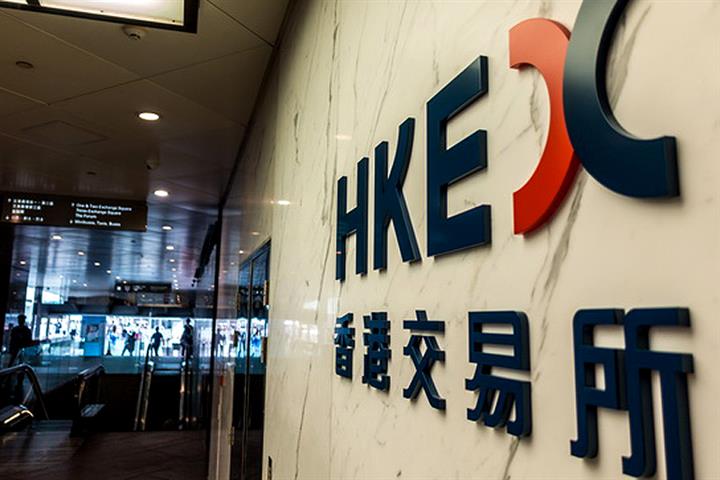 More Chinese Tech Firms May Seek Second Listing in Hong Kong
More Chinese Tech Firms May Seek Second Listing in Hong Kong(Yicai Global) June 10 -- JD.Com, NetEase are poised to secondarily list in Hong Kong, several other US-listed Chinese tech firms have done so since last year and more may be poised to follow their lead, sector insiders note.
Internet giant Alibaba Group Holding became the first Chinese internet firm listed in bourses in China and the US to do so when it went public on the Hong Kong Stock Exchange on Nov. 26. The premiere offerings of Chinese online gaming firm NetEase and e-retailer JD.Com in Hong Kong have already been oversubscribed. The two are expected to unveil their binary public offerings tomorrow and on June 18, respectively.
Quite apart from jitters over rising regulatory risks in the US, a secondary listing can also benefit companies’ financing, valuation and market recognition, the insiders said.
"Secondary listings enable these firms to raise more funds to do business and greatly enhance their stock’s liquidity," Li Jinlong, general manager of Shanghai Regan Asset Management, told Yicai Global. Hence, secondary listings make sense and benefit them.
Rumors have also been swirling over the duplicate listings in Hong Kong of internet business, tourism and educational institutions such as Pinduoduo, Trip.Com, TAL Education Group and New Oriental Education & Technology Group.
Tech firms that have yet to turn a profit cannot go public on the Shanghai and Shenzhen exchanges, and those which apply a dual-class share structure with more than one class of stock with different voting rights are barred from listing in Hong Kong, factors that have steered high-grade 'new economy' firms to seek refuge from these rigors in the US.
Room to Maneuver
The mainland and Hong Kong boards have been phasing out these curbs on the listings of 'new economy' firms since 2018 to allow institutional space for the secondary listings of those already listed abroad.
Re-listings of some China concept stocks in Hong Kong may help them gain a higher market valuation as domestic investors know their business better.
"The Hong Kong market tends to value tech firms higher, though valuation [overall] in the market itself is not as high," a Hong Kong stock fund manager in Beijing told Yicai Global. "Such arbitrage space is also a major force driving the return of Chinese concept stocks," as such a move may greatly boost a company’s valuation.
China concept stocks are those of companies whose assets or earnings have significant activities in the Chinese mainland. Many top mainland firms have opted for overseas listings to access foreign capital. They feature on several major global stock exchanges in London, Hong Kong, Tokyo, Singapore, New York and on the Nasdaq, NYSE MKT and Euronext.
China concept stocks prefer Hong Kong over Shanghai and Beijing for their secondary listings in China as the SAR is more internationalized, has sounder policies and encourages listings of emerging scientific and technical innovation firms, Li said.
Secondary listings by firms which have gone public overseas will greatly increase activity on the Hong Kong stock market, Li noted. Listings of China concept stocks will further enrich and diversify underlying shares in HKEX and are likely to drive a short-term rise in stocks of Hong Kong-listed firms in the same industries and related firms on the Shanghai and Shenzhen boards, he added.
Editors: Tang Shihua, Ben Armour